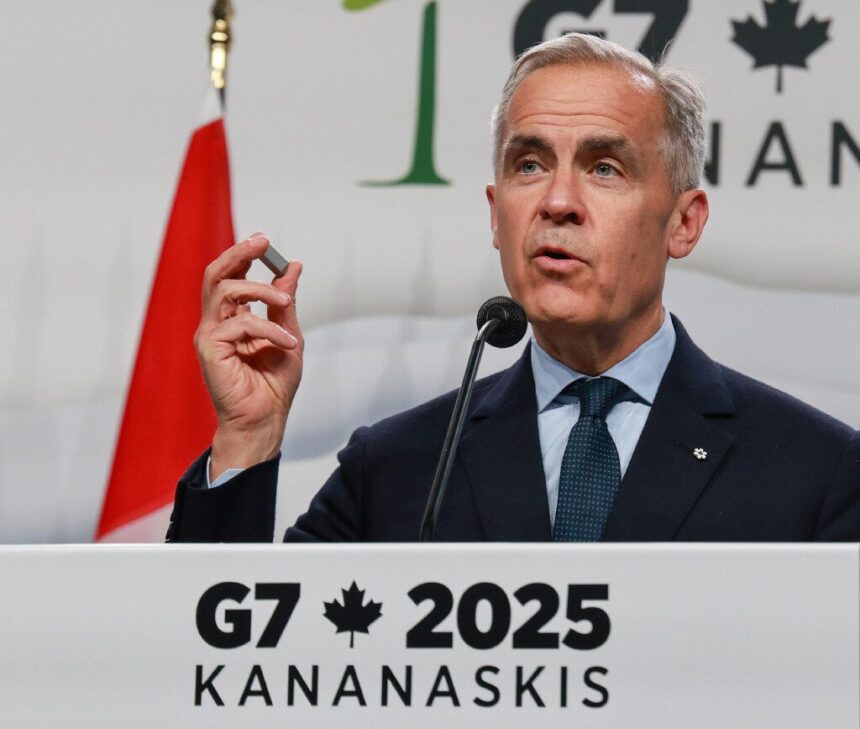Article contentI understand that Carney has only been in power for a few months now – so we shouldn’t judge him harshly on his short record to date. Perhaps he will surprise us yet. But we can already see patterns of behaviour and direct actions thus far that are not very encouraging on the human rights front.Article contentTake a look at the recent G7 gathering of Western industrialized countries in Kananaskis, Alta., where there was one joint statement on “transnational repression” (to appear tough on China). Almost all of the other ones had a commercial or trade component that was said to boost economic prosperity.Article contentTo add insult to injury, Carney thought it was wise to compose a G7 guest list of what can only be described as international bad boys: Saudi Arabia’s Crown Prince Mohammed bin Salman, his Highness Mohamed bin Zayed Al Hahyan of the UAE and Indian President Narendra Modi. If Amnesty International is to be believed, none of these characters has a human rights record that would necessitate a personal invite to such an exclusive G7 gathering.Article contentArticle contentMore to the point, humanitarian and human rights crises in Africa alone were not given the time of day. Not a word was uttered about the conflict, sexual violence and displacement in the Democratic Republic of the Congo (DRC), the violent conflict, food insecurity and climate shocks in the Sahel region or even the ongoing civil war in Sudan.Article contentArticle contentSign of the timesArticle contentArticle contentLastly, there was a great deal of brouhaha over having Carney use the G7 – especially after word broke that the House of Commons was ready to confer honorary citizenship on Hong Kong media tycoon Jimmy Lai (who is now wasting away in solitary confinement) – to focus the world’s attention on Lai and China’s massive human rights violations in Hong Kong.Article contentInstead, nothing was said at the G7 and the anticipated House of Commons unanimous motion initiative was actually pulled at the last moment. A spokesperson for the Government House Leader’s Office actually had the temerity to say that a unanimous consent motion was not the best method of conducting Canadian foreign policy.Article contentArticle contentBut Russian pro-democracy campaigner Vladimir Kara-Murza was granted honorary Canadian citizenship in June 2023 by unanimous consent in Parliament. Let’s be clear: this was all about not offending Beijing.Article contentAccordingly, I just don’t see Mark Carney incorporating a human rights agenda into his foreign policy posture. This is a Liberal government that will be consumed by commercial and trade matters, investment and economic growth and business deal-making.Article contentPerhaps that’s a sign of the times. But as El Akkad explains in his thought-provoking book: If that’s the case then world leaders should at least be honest about that and stop pretending and saying publicly just how central human rights are to their governments.Article contentArticle contentArticle contentPeter McKenna is professor of political science at the University of Prince Edward Island in Charlottetown.Article content
PETER McKENNA: Does Mark Carney really care about human rights?











